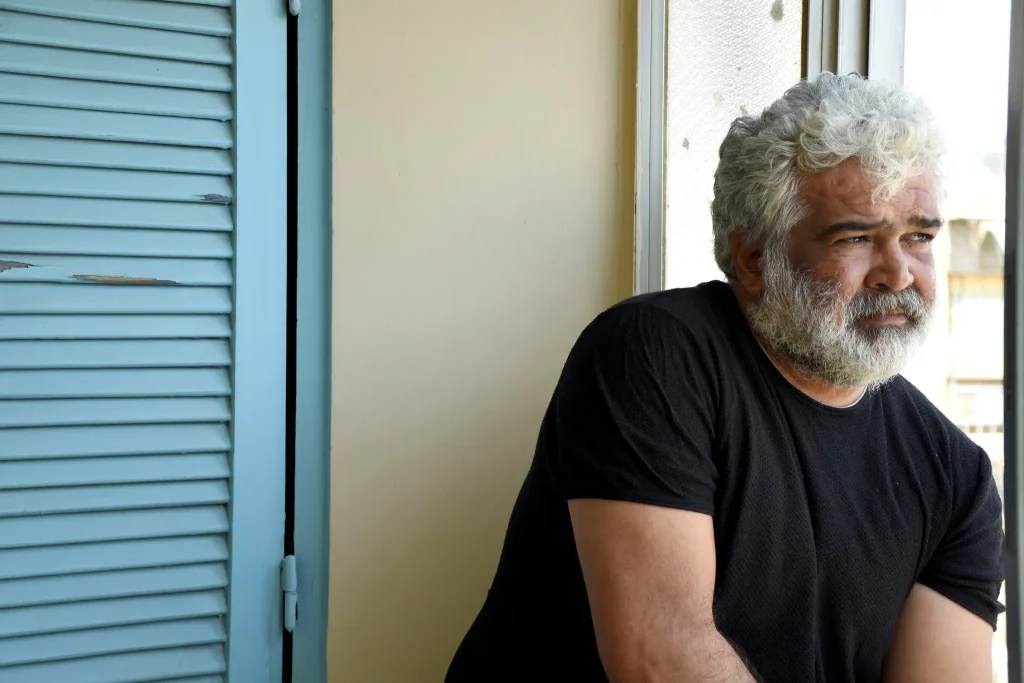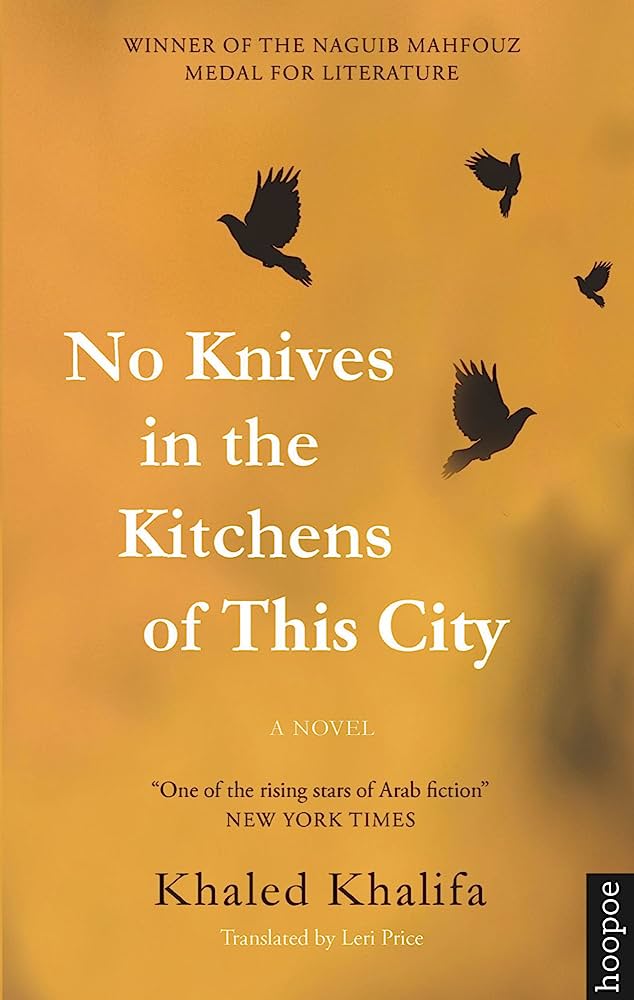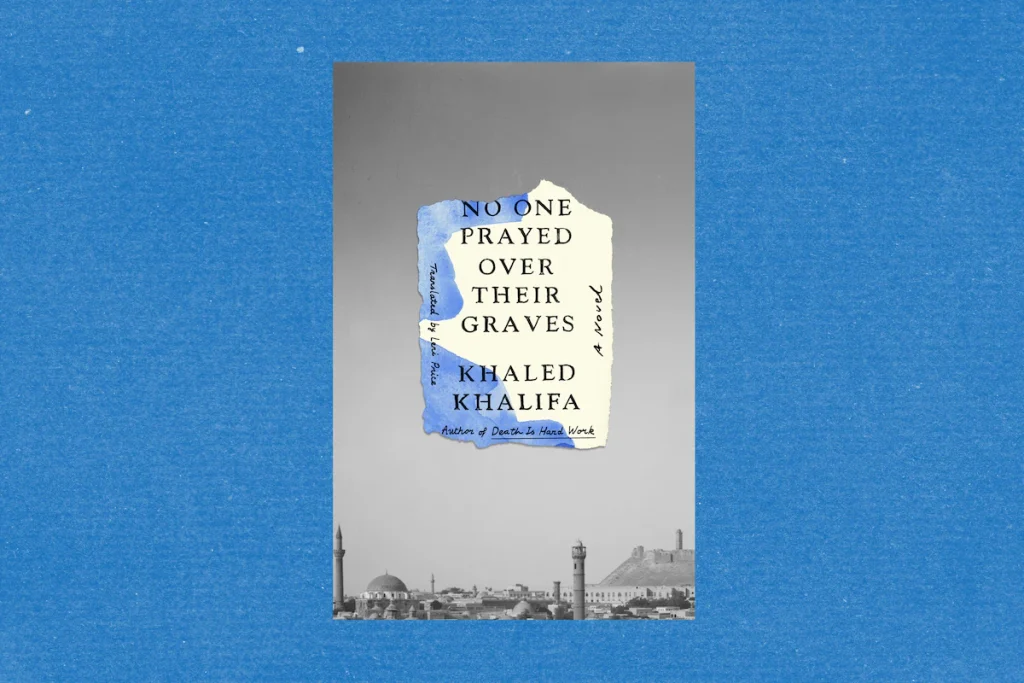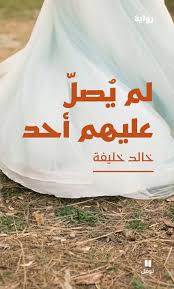Khaled Khalifa, Syrian Novelist Awarded Naguib Mahfouz Award

By: Souria Dabbousi / Arab America Contributing Writer
Khaled Khalifa is a Syrian writer who was born in born in Aleppo in 1964. He has written several books and has won many awards for his work. His novels include “In Praise of Hatred,” “No Knives in the Kitchens of This City,” and “Death Is Hard Work.”
Khalifa’s work often explores themes of politics, religion, and family. He has been praised for his ability to capture the complexities of life in Syria, both before and during the country’s ongoing civil war. Khalifa has also been an outspoken critic of the Syrian government and has faced persecution for his work.

Khalifa has been living in exile since 2013, following the publication of his novel “Death Is Hard Work.” The book tells the story of a family’s journey to bury their father in a war-torn Syria. Khalifa has been recognized for his work with several awards, including the Naguib Mahfouz Medal for Literature and the International Prize for Arabic Fiction.
Khalifa’s writing has been translated into many languages, including English, French, and German. In 2019, he was named one of the 100 most influential people in the world by Time magazine. Despite the challenges he has faced, Khalifa remains dedicated to his work and to telling the stories of the Syrian people.

Khalifa’s most recent book, “No One Prayed Over Their Graves,” was published in 2023. The book seems to be a powerful and moving collection of stories that explores the impact of war and violence on the people of Syria. The book has been praised for its vivid and honest portrayal of life in Syria, and for its ability to capture the resilience and humanity of the Syrian people.
Khalifa’s writing has been compared to that of other prominent Middle Eastern authors, such as Naguib Mahfouz and Orhan Pamuk. He has been recognized for his ability to capture the complexities of life in the Arab world, and for his commitment to telling the stories of ordinary people affected by war and political upheaval. Despite the challenges he has faced, Khalifa remains an important voice in contemporary Arabic literature.

He has tried to write about the Syrian capital, he said, but keeps finding himself drawn back to his home city. “After 50 pages, I felt it was not good writing,” he said. “I don’t know the fragrance of Damascus. So I turned back to Aleppo and I accepted: OK, this is my place. I’ll write all my books about Aleppo. She is my city and resides deep in myself, in my soul.”
In addition to his work as a writer, Khalifa is also a trained mechanical engineer. He studied at the University of Aleppo before leaving Syria to pursue his writing career. While his engineering background may seem unrelated to his work as a writer, Khalifa has said that his training as an engineer has helped him to approach writing in a methodical and systematic way. He has also noted that his engineering background has given him a unique perspective on the challenges facing Syria and the Arab world.
Check out Arab America’s blog here!








